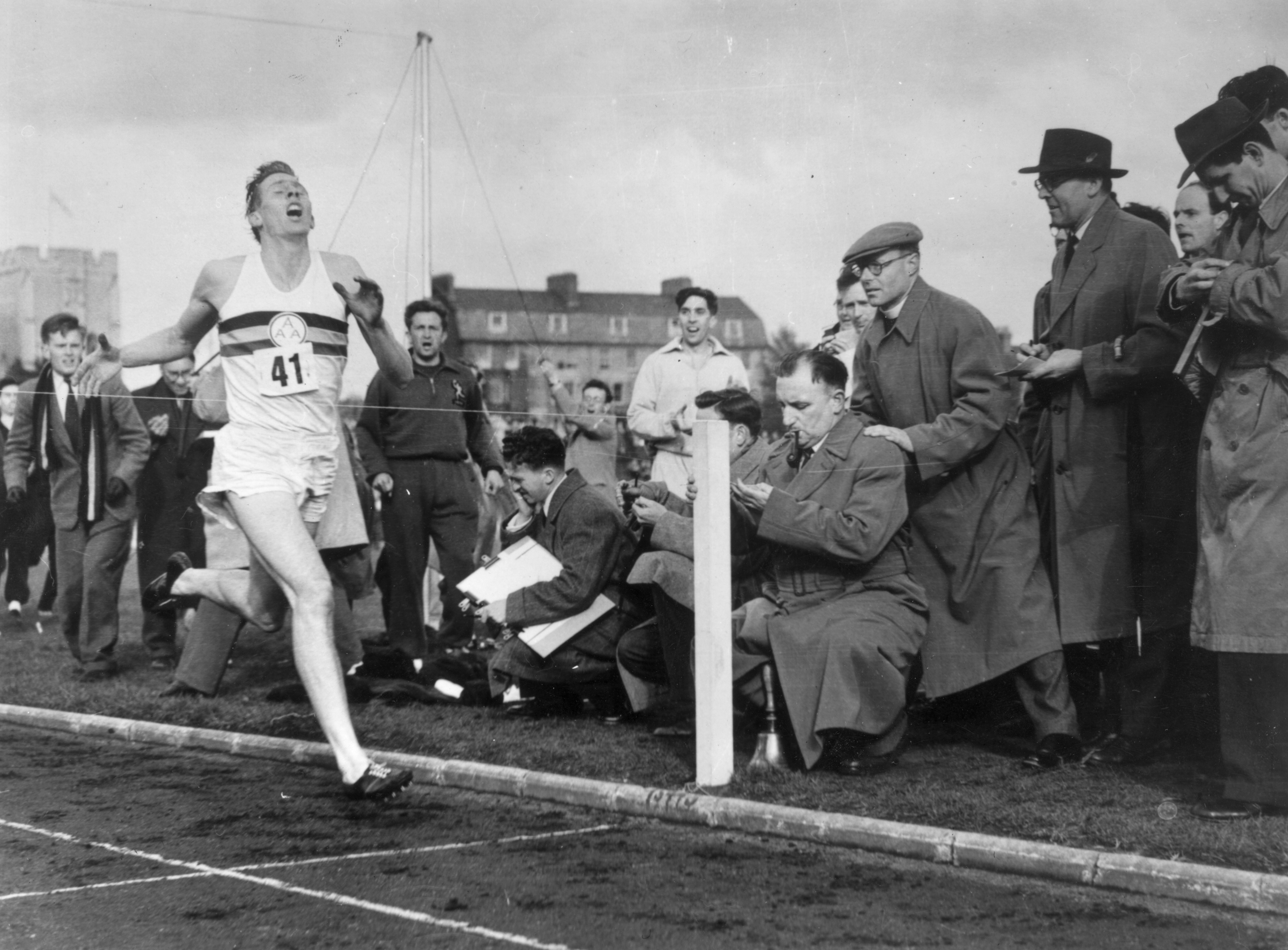When it comes to improvement, there are barriers that have to be overcome. The barrier is built by both your inadequate level of confidence and the external information you’ve acquired over time that has sapped your enthusiasm to do something special.
“Can’t be done,” you’ve heard. “You’re just not capable,” people tell you. “A waste of time trying,” you tell yourself. “That’s not possible,” you’re told.
As a result, you often settle for something more easily attainable, goals that will get you just far enough. You end up accomplishing something well-short of your initial goal, something with which you can convince yourself is good enough.
But what if all those impossible feats, those goals you had before you were talked out of them, were not unattainable physical feats, but rather just psychological barriers.
That happened in 1954. The prevailing wisdom at the time was that the human body was not capable of running a mile in under four minutes. “It just can’t be done,” scientist said.
 But Roger Bannister was determined to do it. The British medical student and track athlete didn’t listen to the naysayers and fun-suckers. He was convinced the impossible physical feat was really a mental barrier. And on May 6, 1954, Bannister ran the mile in 3:59.4.
But Roger Bannister was determined to do it. The British medical student and track athlete didn’t listen to the naysayers and fun-suckers. He was convinced the impossible physical feat was really a mental barrier. And on May 6, 1954, Bannister ran the mile in 3:59.4.
Here’s the interesting part, though. Two months later, Bannister and Australia’s John Landy both broke the barrier in the same race. Then the mile was run in 3:50, then 3:45. In 1964, an American runner named Jim Ryun became the first high school runner to run a sub-four-minute mile. In 1994, a 40-year-old named Eamonn Coghlan did it. Fifty years after Bannister broke the barrier, 17 seconds had been shaved off the mark.
As it turns out, a mental block had held runners back.
Every generation, it seems, redefines the word impossible. In the 60s, in a way to point out that neither could happen, people said a man would land on the moon before the New York Mets won a World Series. They were right, Neal Armstrong stepped on the moon on July 20, 1969, and the Mets won the World Series 118 days later.
How about heart transplants, or portable technology, or something that cooks food in less than five minutes? And have you notice the world is round?
All it took determined people with ideas that were once considered crazy to show that it could done.
Have you redefined impossible lately?